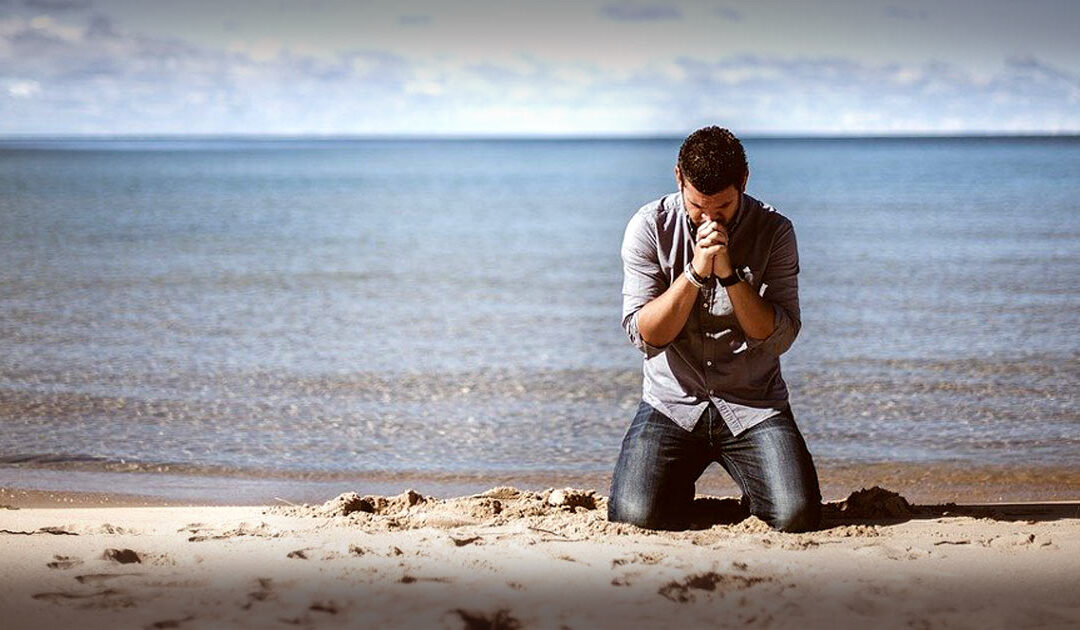The blood of the martyrs is the seed of the church. Tertullian, 2nd century
Not long before Jesus’ arrest in the Garden of Gethsemane, the Gospel of Matthew (20:20-23) records a conversation between Jesus and Salome, the mother James and John. Jesus had recently told his disciples that they will “sit on twelve thrones judging the tribes of Israel.” Those words ring so loudly in their minds that, when he describes his approaching sufferings, death, and resurrection, they are uncomprehending.
Salome kneels before him, her sons nearby, with this request:
In your kingdom, please let my sons sit in the places of honor on your right hand and on your left.
Jesus looks at his disciples and replies:
You have no idea what you are asking. Are you able to drink the bitter cup of suffering I am about to drink from?
Their response?
Yes!
And they did, of course, as did most of the disciples in the end.
Since then, untold numbers of Christian believers have endured the “bitter cup of suffering.” In 2024, the numbers are staggering:
- Around 324 million Christians are facing discrimination and persecution for their faith—one in seven Christians worldwide.
- Persecution includes rejection from family and friends, denial of access to basic needs, violent abuse, imprisonment, and death.
- This year is on track to match or exceed the number of Christians killed for their faith last year: 4,998
For example, Nigeria, a west African country that is 46% Christian, is being invaded by huge numbers of Islamic Fulani herdsmen whose flocks have stripped vegetation from large areas of the Sahara. These violent and heavily armed invaders have targeted Christians in Nigeria for years, slaughtering them in the thousands, taking over their villages and crop lands. Hundreds of Christians have been abducted for ransom, among them, many young women who are abused and kept as wives
In Pakistan, Christians are frequently accused of violating Islamic law and imprisoned, and may be sentenced to death. Young Christian girls (as young as twelve) are frequently kidnapped and forced into marriages with older Muslim men.
The boldness of Christians in these countries is astonishing. They are leading many men and women to Christ, knowing the extreme danger of retaliation by family members of the converts, by neighbors, or local authorities.
Their number one request is that we pray for them.
- That they would be fearless in their testimony (Paul in Eph. 6:20, “I am an ambassador in chains)
- That they would experience God’s peace despite their weakness and current circumstances (II Cor. 12:9)
- That God would protect them according to his will (Matthew 26:39, Gethsemane)
- That God would ultimately rescue them from dangerous circumstances (Psalm 91:15)
- That they would have a profound sense of Jesus’ presence in their sufferings (John 15:19,20)
- They they would receive wisdom and discernment for every situation (Matthew 10:16-20)
- That as they share in Christ’s sufferings, they may also rejoice in hope (I Peter 4:12-14)
Open Doors is a ministry founded by Brother Andrew and dedicated to the support of the persecuted church. They release an annual Watch List of places where persecution takes place around the world in order of severity. Another good resource that I have found for praying for specific needs is Morning Star News. And, of course, Voice of the Martyrs, which has been defending the human rights of persecuted Christians for since 1965.
This Sunday, November 3rd, is designated as the National Day of Prayer for the Persecuted Church. Will you make be in prayer tomorrow for our brothers and sisters in Christ—and make prayer for them a regular part of your time with the Lord?

